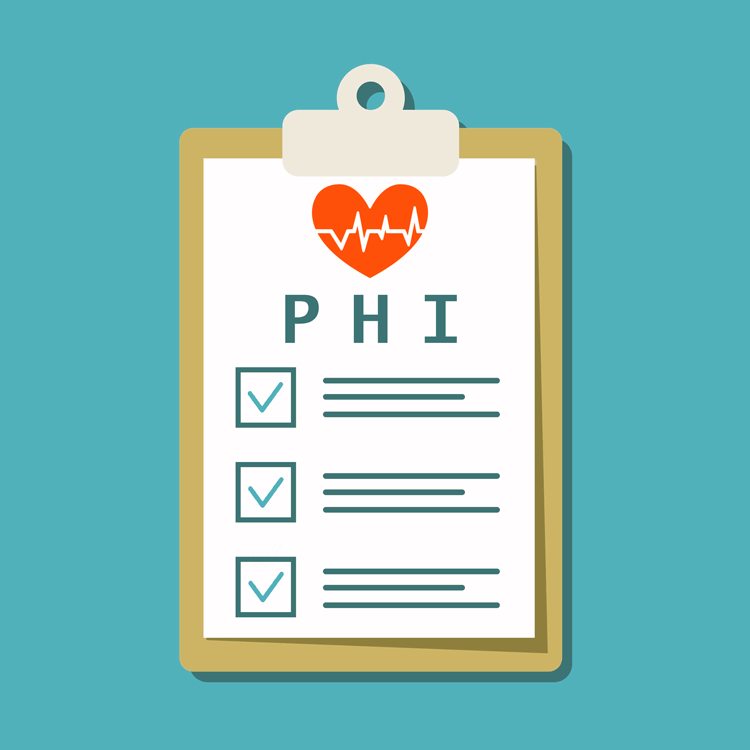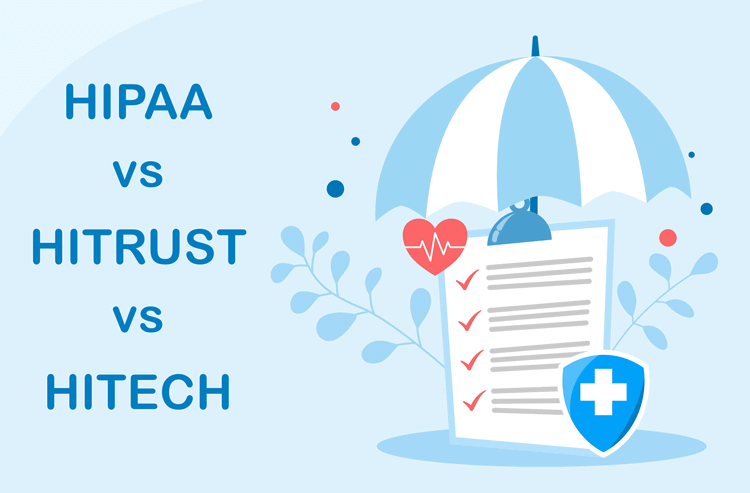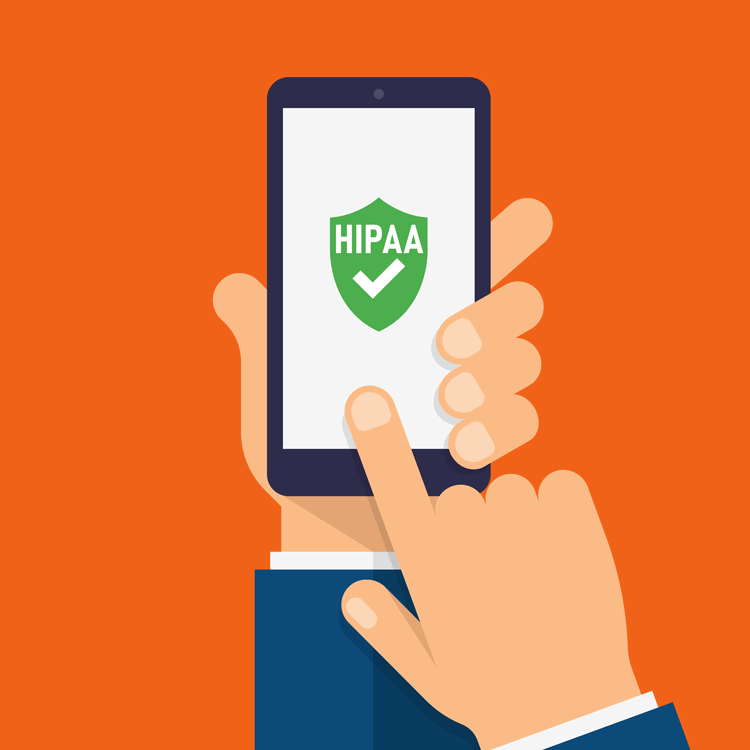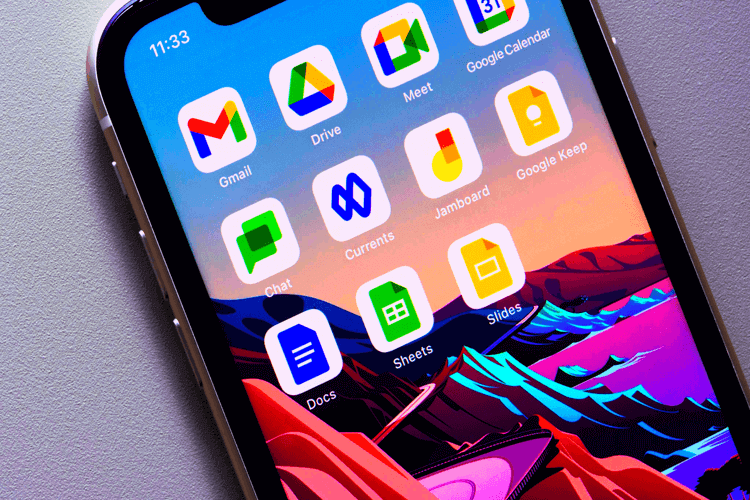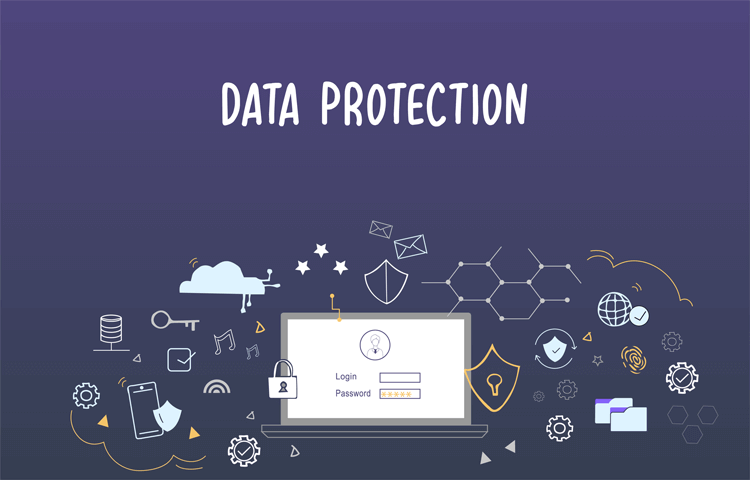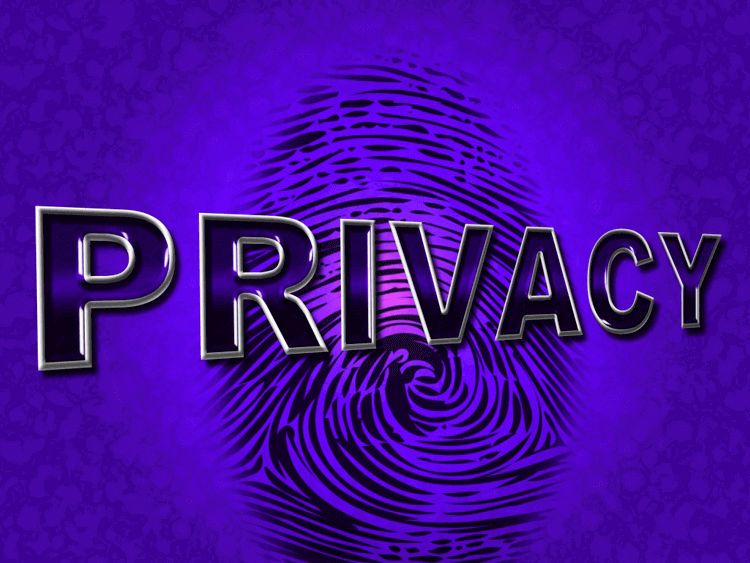Protected Health Information: Its Significance in HIPAA Compliance (with PHI Examples)
Understanding the intricacies of healthcare data and its protection is crucial in today's digital age. Among the most critical concepts in the realm of healthcare compliance is personal health information or anything that is personally identifiable information such as a person's name or phone number. When linked to health data, they can reveal sensitive information about an individual.
